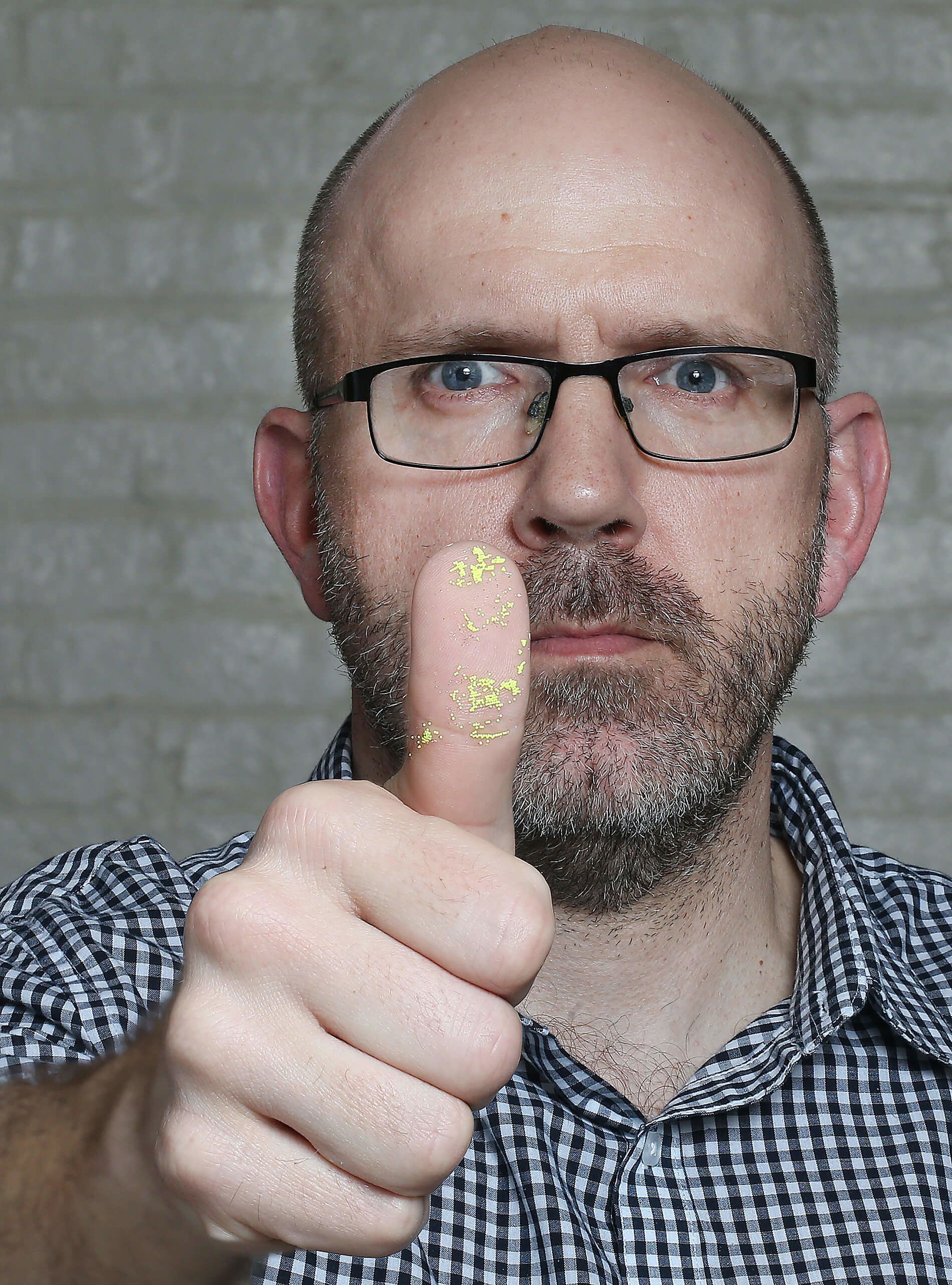Purdue University scientists led a comprehensive analysis of research concerning the effects of microplastics on aquatic life, with the results showing widely different impacts among different types of animals. Strong negative effects were particularly apparent for small animals, such as larval fish and zooplankton, a source of food for many species, suggesting serious potential consequences that could ripple throughout the food web.
Tomas Höök, an associate professor in Purdue University’s Department of Forestry and Natural Resources and director of the Illinois-Indiana Sea Grant College Program, led a team that designed a meta-analysis of research related to the effects of microplastics on aquatic life. The analysis, published in the journal Science of the Total Environment, used results from 43 other studies that each considered the effects of microplastics on consumption of food, growth, reproduction, and/or survival of aquatic animals. The analysis mathematically calculated one or more effect size(s) for each study, then those effects were combined statistically to understand the big-picture effect on animals. The animals included in this study were all aquatic but ranged from fish to mussels to sea urchins to worms.
The most significant findings included:










Comments are closed.